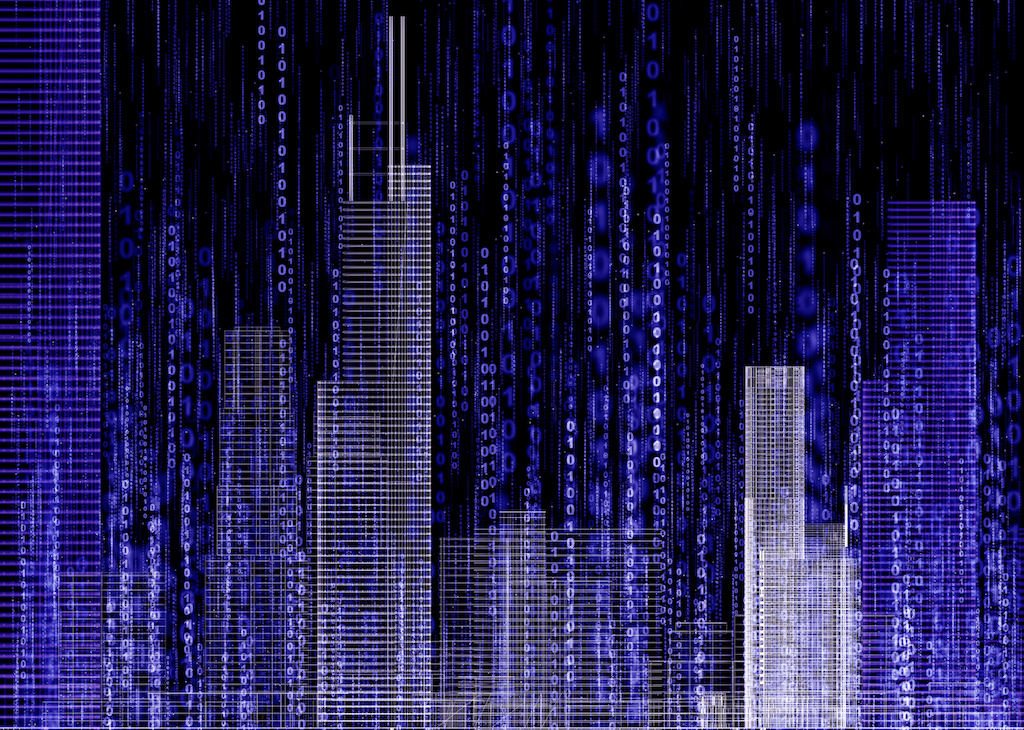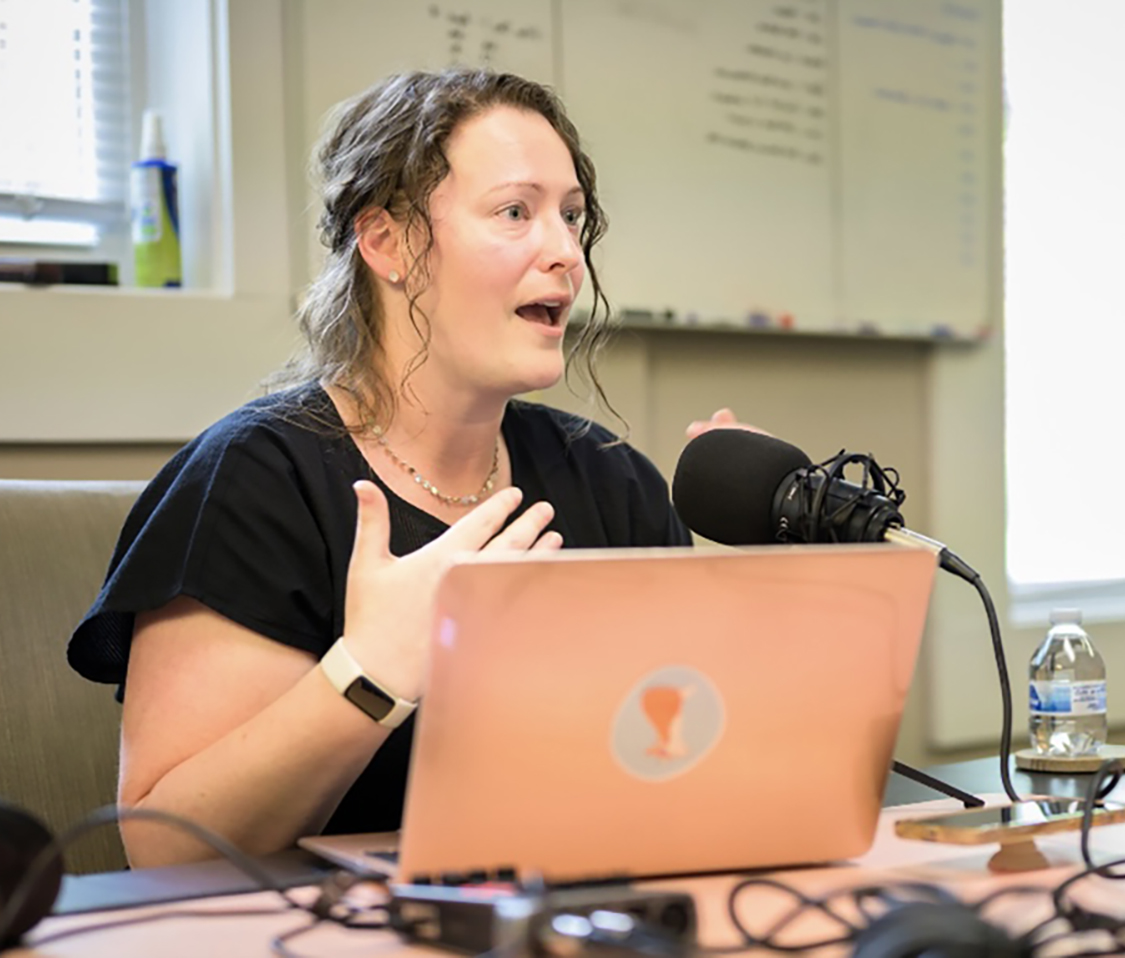Just as Silicon Valley and Boston have become synonymous with tech start-ups and biotech innovations, respectively, the city of Chicago has taken significant steps in recent years to position itself at the epicenter of the quantum revolution.
With major investments already committed and a new quantum campus under development, the city and surrounding Illinois region are laying the groundwork to drive the future of this transformative technology. Of the critical challenges that remain, however, one stands out—the significant shortage of quantum-skilled professionals.
Recognizing this bottleneck to the industry’s growth, the Chicago Quantum Exchange (CQE), a collaborative powerhouse based at the University of Chicago that unites the region’s top universities, national laboratories, and industry partners, is spearheading initiatives to bridge the talent gap. Through specialized training programs and educational partnerships, these initiatives will ensure that as quantum technologies transition from laboratories to real-world applications, a highly skilled workforce stands ready to drive innovation and propel the field forward.
The Quantum Difference
Quantum technology signifies a paradigm shift in computing and problem-solving potential. Quantum computers rely on the principles of quantum mechanics—the study of matter and energy at the most fundamental levels—and differ from classical computers that use digital processing, enabling them to perform complex calculations at exponentially faster speeds. This quantum advantage has the potential to revolutionize how we live, communicate, and work.
McKinsey estimates that quantum computing could generate up to $2 trillion in economic gains across various sectors by 2035. This groundbreaking technology promises to tackle problems once deemed unsolvable, from optimizing supply chains to discovering new materials and developing lifesaving drugs. Quantum cryptography, meanwhile, could usher in an era of unbreakable encryption, securing communications in an increasingly vulnerable digital landscape.
These advancements are not only economic drivers but also critical national security assets. The race to develop and control quantum capabilities carries significant geopolitical implications, potentially reshaping global power dynamics in areas such as intelligence gathering, cybersecurity, and military applications.
It’s all to say that as quantum capabilities advance, they’re poised to transform how we approach some of humanity’s most pressing challenges. From simulating molecular interactions and accelerating drug discovery to optimizing financial portfolios and enhancing artificial intelligence, quantum computing is on a trajectory to redefine many of our long-held ideas about what’s possible in science and industry.
The Chicago region has attracted over $1 billion in government funding for quantum technologies in recent years, including $280 million for four National Quantum Initiative Act research centers—more than any other region in the country.
Ground Zero for Innovation
Research in economics has long emphasized the significant productivity gains that arise from close spatial collaboration, where centralized hubs foster innovation and accelerate technological breakthroughs. Given the immense complexity and astronomical costs associated with quantum computing research and development, the field demands a focal point to pool resources, talent, and funding to drive significant advancements.
Chicago is positioning itself as the global epicenter of quantum innovation, recently designated as an official US Regional Innovation and Technology Hub for quantum technologies by the Biden–Harris administration.
PsiQuantum’s decision to build a 300,000-square-foot Quantum Computer Operations Center on Chicago’s southeast side marks another pivotal step in the city’s commitment to leading this transformative field. As part of the Illinois Quantum and Microelectronics Park, the development represents an investment of at least $1 billion that over the next decade could bring thousands of jobs to the city and have $20 billion in economic impact.
Slated for construction on a 128-acre site near the Calumet River’s mouth in South Chicago, the site signals a dramatic transition from America’s industrial past to its high-tech future. Once home to US Steel, the world’s first billion-dollar company and steel provider for iconic structures like Chicago’s Sears Tower and the San Francisco–Oakland Bay Bridge, this long-vacant industrial land is now poised to become America’s most advanced tech campus as it serves as the foundation for quantum computing and microelectronics innovation.
The quantum campus—a full ecosystem for quantum innovation—is backed by substantial investments from multiple sources. The state of Illinois has committed $500 million to quantum technologies, complementing $200 million previously allocated for quantum facilities. The federal government is also investing up to $140 million in the Illinois–DARPA Quantum Proving Ground that will serve as a site for DARPA’s Quantum Benchmarking Initiative, where companies will develop and refine quantum computer prototypes. The campus is designed to include shared cryogenic facilities, equipment labs, and collaborative spaces for companies and universities to conduct research and showcase their advancements, establishing a strong foundation for the progression of quantum technologies.
These investments are extending an already robust quantum foundation in the Chicago area. The region has attracted over $1 billion in government funding for quantum technologies in recent years, including $280 million for four National Quantum Initiative Act research centers—more than any other region in the country.
IBM and Google have invested $100 million and $50 million, respectively, in quantum research partnerships with the University of Chicago, further solidifying the city’s status as a quantum powerhouse.
An Ecosystem of Innovators
The Chicago Quantum Exchange (CQE), based at the University of Chicago’s Pritzker School of Molecular Engineering, plays a central role in the region’s quantum landscape, which includes the National QIS Research Centers at Argonne National Laboratory and Fermilab. The CQE is also spearheading two initiatives to bolster the regional quantum ecosystem: the Bloch Quantum Tech Hub and the NSF Engine Development Award: Advancing Quantum Technologies in the Midwest.
By connecting major research institutions, such as the University of Chicago, and around fifty partners from industry, government, and nonprofit sectors, the CQE’s collaborative network is essential for driving research, building a skilled quantum workforce, and supporting a sustainable quantum economy.
This influx of resources and talent is also invigorating a vibrant start-up culture. Chicago-based Duality, the country’s first quantum accelerator, is nurturing cohorts of quantum start-ups by helping them commercialize innovations and attract investment. The combination of established players and agile start-ups creates a dynamic ecosystem set to accelerate breakthroughs and propel quantum innovation forward.
Major tech giants are also recognizing Chicago’s quantum potential. IBM and Google have invested $100 million and $50 million, respectively, in quantum research partnerships with the University of Chicago, further solidifying the city’s status as a quantum powerhouse.
According to McKinsey, there is currently only one qualified quantum candidate for every three job openings, with fewer than half of quantum positions likely to be filled by 2025.
The Quantum Workforce
As the quantum sector grows, so does the demand for skilled professionals, which is why the significant talent gap continues to be closely monitored by the industry. According to McKinsey, there is currently only one qualified quantum candidate for every three job openings, with fewer than half of quantum positions likely to be filled by 2025.
This shortage presents an enormous opportunity for professionals from diverse backgrounds. While expertise in quantum physics and a PhD in the field remain valuable, it is no longer a requirement to gain skills in the field, according to a recent analysis by the CQE. The quantum workforce also needs software engineers, data scientists, hardware specialists, and even business strategists to bring quantum technologies to market.
To address this talent gap, educational institutions are stepping up. UChicago Professional offers an eight-week online course in Quantum Science, Networking, and Communications. This program, developed by the Pritzker School of Molecular Engineering and the CQE, provides hands-on experience with quantum technologies and direct interaction with leading researchers.
The course caters to those with up to ten years of experience in physics, computer science, engineering, or mathematics, as well as midcareer changers, providing a strategic entry into this high-demand field. Equipped with quantum expertise, participants will spearhead innovation and secure resilient careers in a rapidly advancing technological landscape.

Become Quantum Ready At UChicago
Join our online, eight-week Quantum Communications course to learn essential skills that will help you lead science into the future.
Learn More



